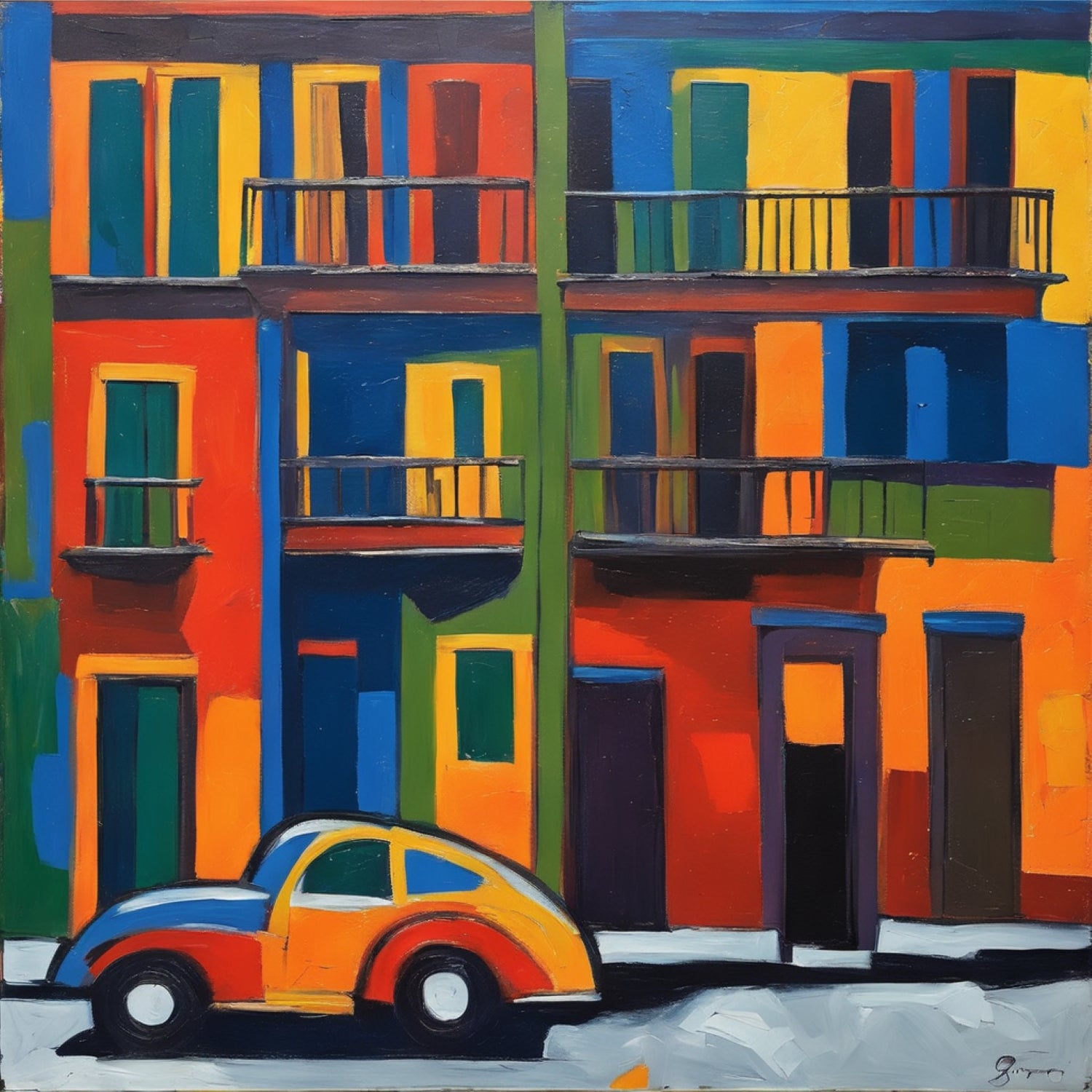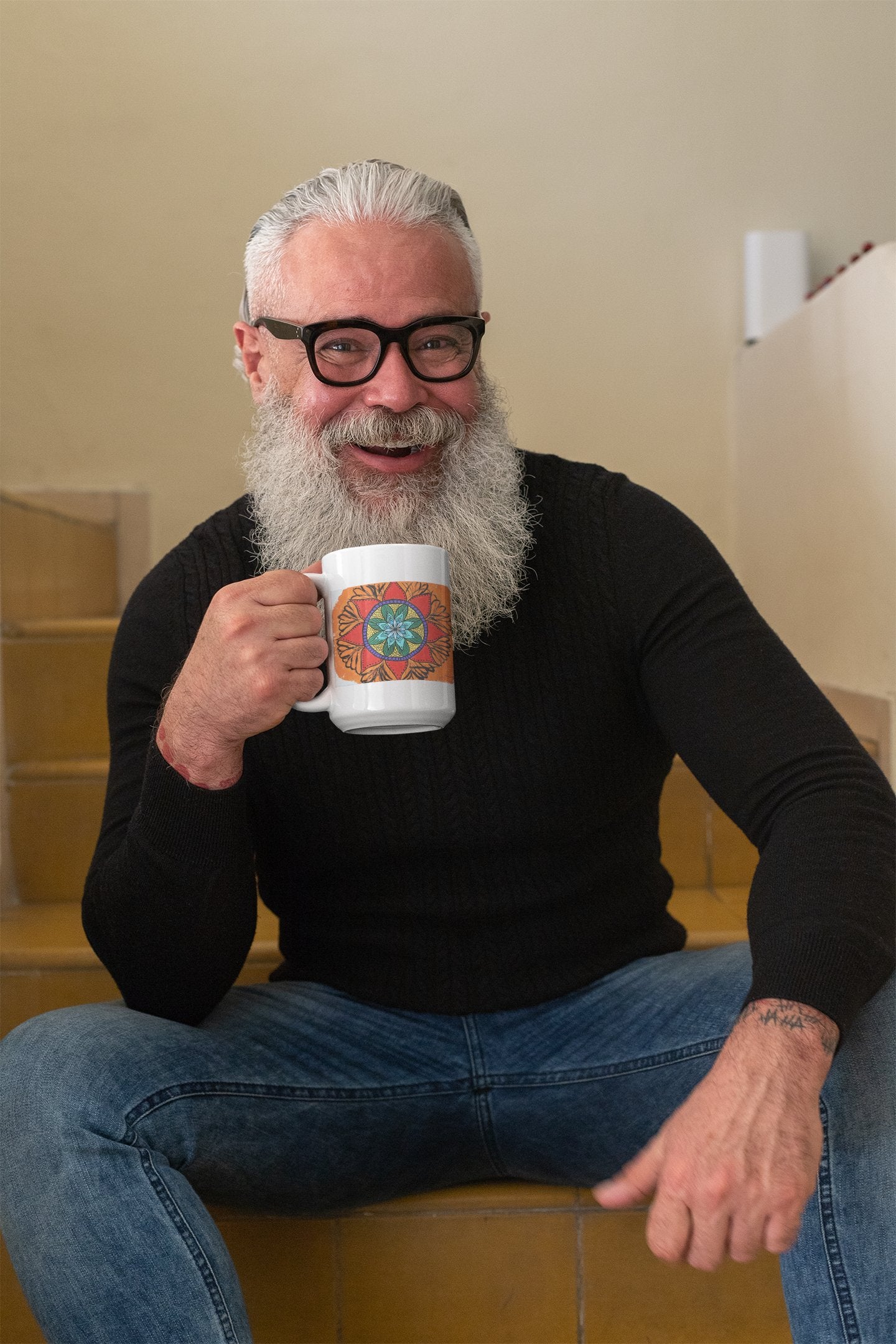Life starts at 50, gets great at 60 and primo at 70.

In your 60-70s, happiness blends freedom, wisdom, and humor with challenges like aches, memory lapses, and shrinking social circles. The audacity to embrace change shines through as seniors enjoy fewer obligations, senior discounts, and time for hobbies like gardening or painting. Staying active, engaging the mind with puzzles, and embracing technology keep life vibrant. Building community through clubs or volunteering combats loneliness. Humor helps accept cloudy memories, with notepads capturing fleeting ideas. Celebrating small joys—sunsets, chats—fuels contentment. Life’s quirks are met with laughter, proving age is no barrier to a fulfilling, joyful existence.

America’s most beloved cleaning products aren’t just cleaners — they’re cultural icons with fan clubs, viral videos, and decades of surprising uses. From the Magic Eraser’s “how is this even possible?” power to Bar Keepers Friend’s century‑old shine, Dawn’s superhero grease‑cutting, Murphy Oil Soap’s secret double life, and The Pink Stuff’s TikTok‑fueled glow‑ups, each product has a story worth telling. These cleaners are nostalgic, budget‑friendly, and wildly versatile, making them perfect for bold, active seniors who love practical hacks with personality. They prove that sometimes the simplest tools deliver the most audacious results.

Elevate your movie nights with these 10 daring theater snack fusions, where classic concessions collide for flavor fireworks. Kick off with the ultimate: one fiery, oblong Hot Tamale paired with two crunchy-sweet Sugar Babies—all in one bite for a spicy-caramel explosion. From minty popcorn chills to licorice-nacho swirls, each under-$10 hack delivers sweet-heat contrasts, perfect for couples sharing the thrill. Inspired by concession stand alchemy, these mixes turn buttery kernels and candy boxes into cinematic surprises, blending nostalgia with naughty innovation. Grab your tickets—your palate's plot twist awaits! See the full blog at the PureAudacity website.

This blog rounds up 50 of the best benefits available to senior citizens in the United States, from healthcare heavy-hitters like Medicare and Medicaid to delightful perks such as national park passes, discounted pancakes, and free college classes. It breaks down each benefit with a quick explanation, how to get it, and who provides it, all wrapped in a humorous, upbeat tone that celebrates the perks of aging. Whether readers want financial help, fitness programs, housing support, or just cheaper movie tickets, the guide highlights how many resources are waiting to make senior life smoother, cheaper, and more fun.

This blog explores what it feels like for a bold, still‑spirited 73‑year‑old baby boomer to watch 2025 roll into 2026. Instead of treating the new year as a countdown to limitations, the narrator sees it as a continuation of a long, vibrant journey shaped by activism, music, reinvention, and curiosity. Aging becomes an act of defiance—an insistence on staying engaged, hopeful, and open to possibility. The shift into 2026 isn’t a reminder of time passing but a celebration of still being here, still dreaming, and still carrying a bit of hippie magic into the future. And honestly? That feels pretty groovy.






